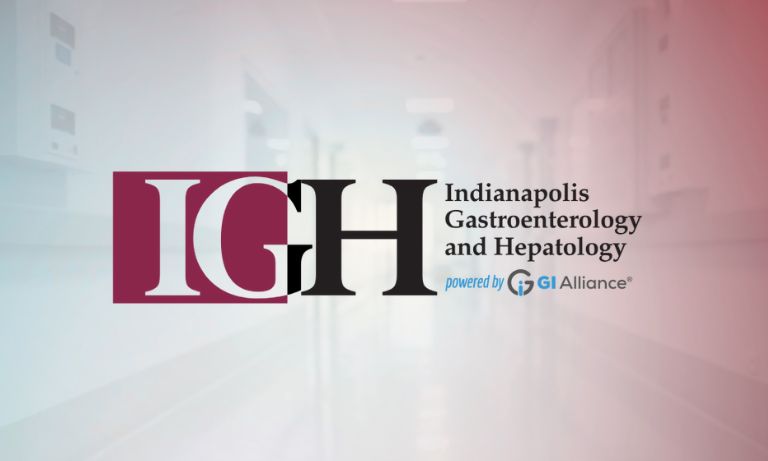Request an Appointment
Leading Gastroenterologists in Indiana: Raising the Bar in Gastrointestinal Care
March is Colon Cancer Awareness Month
Right Time. Right Test. Right Now.Colon cancer is one of the most preventable cancers with early detection. If you are 45 or older, or at increased risk, now is the right time to schedule your screening. Protect your health and connect with your preferred Indianapolis Gastroenterology and Hepatology provider today.

Personalized Digestive Care for a Better Quality of Life
Your gastroenterology needs are at the forefront when you choose our team at Indianapolis Gastroenterology and Hepatology. We’re a network of skilled and experienced GI professionals who are dedicated to getting you connected with the right resources and treatments. Our team looks forward to becoming a trusted source for your GI needs throughout the Indianapolis, IN area. Improve your digestive health today and schedule an appointment.
OUR SERVICES
Argon Laser Therapy
Capsule Endoscopy
Colon Cancer Screening
Colonoscopy
Endoscopic Mucosal Resection
Endoscopic Retrograde Cholangiopancreatography (ERCP)
Endoscopic Ultrasound (EUS)
Enteroscopy
Esophageal Dilation
Esophageal Manometry (Motility Study)
Feeding Tube Insertion (PEG)
FibroScan®
Flexible Sigmoidoscopy
Hemorrhoid Banding
Infusion Therapy (IV Infusion)
Nutrition and Wellness Services
Sphincterotomy
Upper GI Endoscopy (EGD)
Virtual Telemedicine
Services
Argon Laser Therapy
Capsule Endoscopy
Colon Cancer Screening
Colonoscopy
Endoscopic Mucosal Resection
Endoscopic Retrograde Cholangiopancreatography (ERCP)
Endoscopic Ultrasound (EUS)
Enteroscopy
Esophageal Dilation
Esophageal Manometry (Motility Study)
Feeding Tube Insertion (PEG)
FibroScan®
Flexible Sigmoidoscopy
Hemorrhoid Banding
Infusion Therapy (IV Infusion)
Nutrition and Wellness Services
Sphincterotomy
Upper GI Endoscopy (EGD)
Virtual Telemedicine
LATEST RESOURCES



